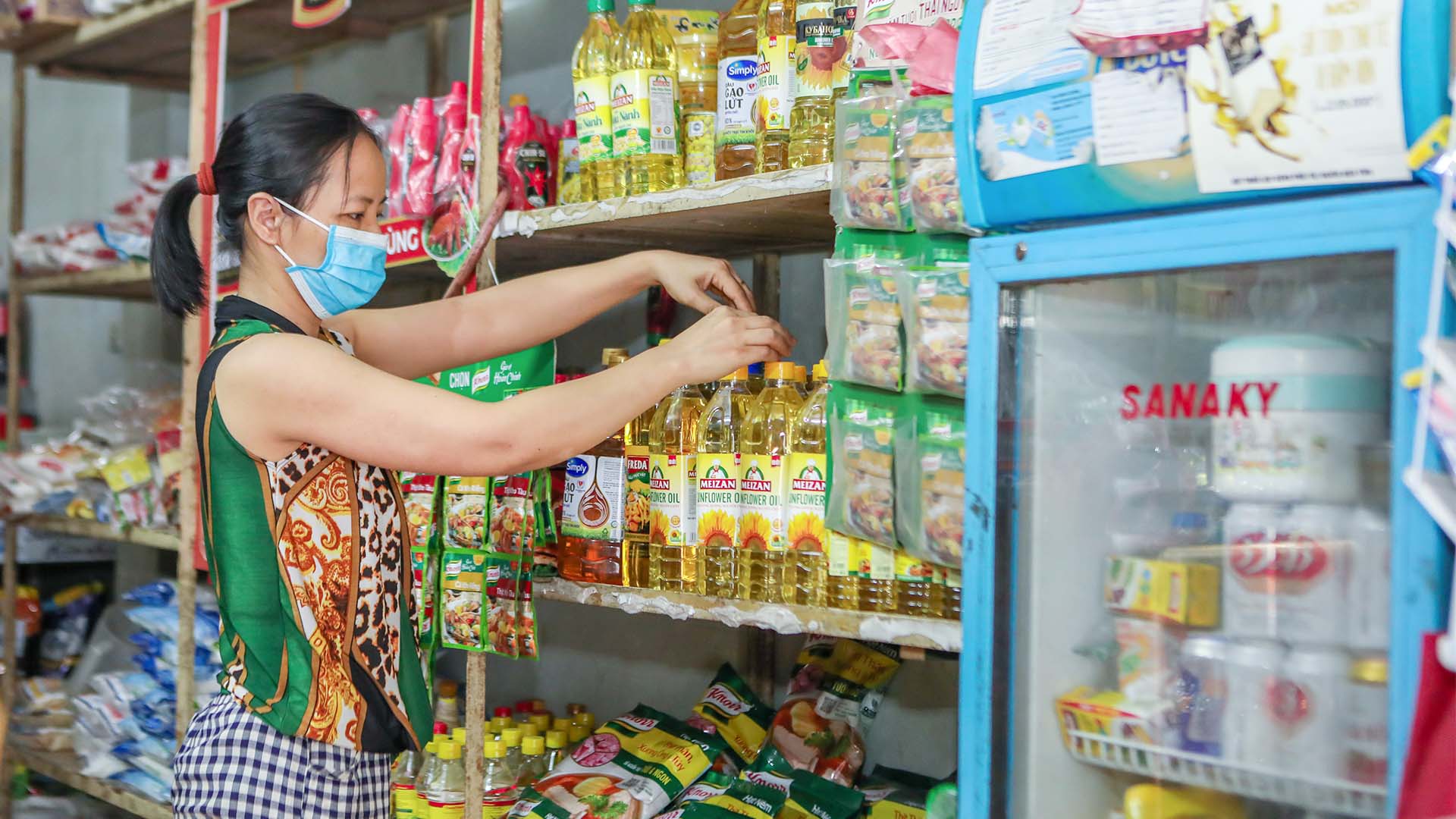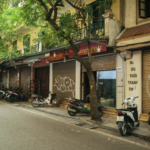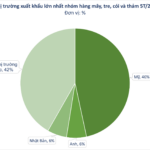During the program “Clarifying Questions about Electronic Invoicing and Taxes” hosted by VTV, viewer Duc Huyen asked about small orders ranging from 1,000 to 10,000 VND, such as those from street vendors or grocery stores. She wondered if these could be consolidated into one cumulative invoice at the end of the day, instead of issuing separate invoices for each item, which would significantly increase costs and time.
Sharing the same concern, another viewer asked: “I own a grocery store, and every day, I have dozens of customers buying small items like lollipops for 1,000 VND or snacks for 5,000 VND. Do I have to issue separate invoices for each item?”
Addressing these concerns, Ms. Le Thi Duyen Hai, Vice-Secretary-General of the Vietnam Tax Consulting Association, clarified: “Currently, Decree 70/2025/ND-CP and Circular 32 have clear regulations permitting consolidated invoices for specific industries. Businesses in these sectors can issue a cumulative invoice at the end of the day instead of individual invoices for each minor transaction.”

However, for typical retail activities like grocery or small stall sales, Ms. Hai emphasized that sellers can use electronic invoice-generating devices integrated with cash registers. These devices perform both cash register and automatic invoice generation functions immediately after payment.
“Previously, cash registers were mostly manual. Now, with the integration of electronic invoice generation, sellers only need to perform simple operations. After calculating the total amount and receiving payment, the system will immediately generate an invoice. This not only saves time and reduces costs but also ensures transparency for both buyers and sellers,” explained Ms. Hai.
She also mentioned that the primary purpose of invoices is not just for tax management but also to provide clear confirmation of the transaction for both the seller and the buyer, reducing misunderstandings or disputes. Invoices generated from cash registers serve as proof of completed transactions and are a natural outcome of modern sales processes.
“Instead of waiting until the end of the day to consolidate individual transactions, if you’ve already calculated the total and received payment, let the system generate the invoice immediately. It’s a double benefit: convenient for you and clear for your customers, and it meets tax regulations,” Ms. Hai emphasized.
Is Invoicing and Tax Necessary for Selling Vegetables and Fish at the Market?
As of 2026, the implementation of electronic invoicing and tax declaration based on actual revenue for business households will be tightened. However, many individuals are unsure whether small-scale trading activities, such as selling a handful of vegetables or a few fish at the market, require mandatory declaration and invoicing.
The Capital’s Commerce Conundrum: Unraveling the Truth Behind the Shuttering of Thousands of Businesses
Amid reports of numerous business closures in recent times, particularly in Ho Chi Minh City, the tax department has refuted claims that the mandatory implementation of e-invoices from cash registers is the sole reason for this development.
A Plethora of Businesses Shut Down Following the Implementation of the New Tax Regulation: What Does Masan’s Representative Have to Say?
“At the ‘Investment Strategies in a New Context’ seminar on the morning of June 14th, Mr. Duong Hoang Phu – Senior Capital Group Head at Masan Group (HOSE: MSN) shared insights into the short-term impact on their consumer goods sector due to temporary store closures in May. However, he assured that the Group has implemented specific strategies to navigate through these challenges.”











































